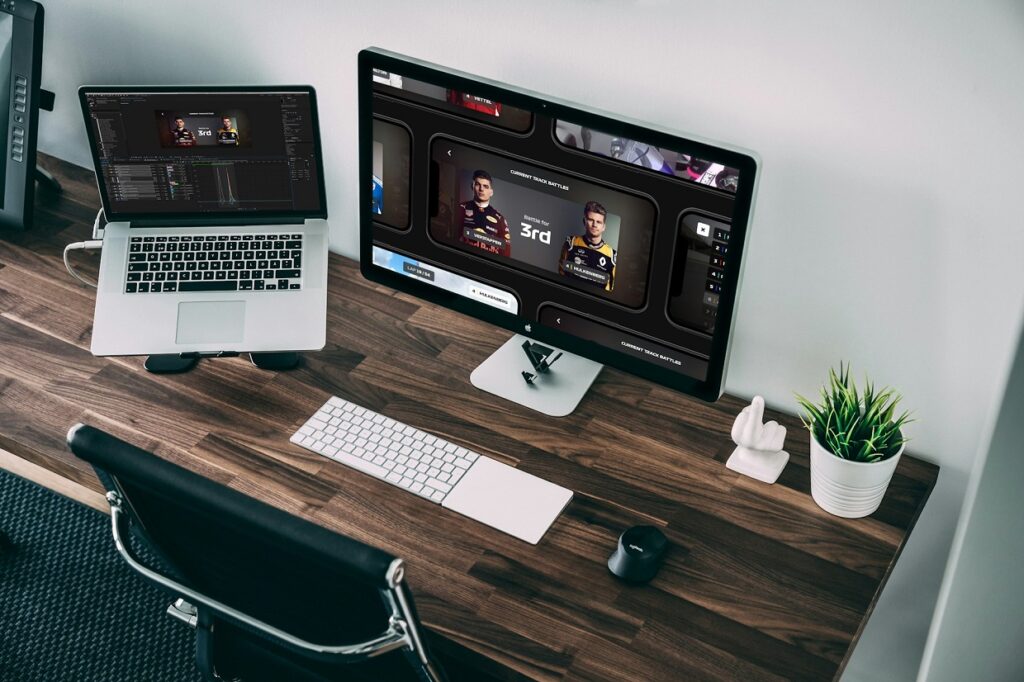
The aftermath of the global pandemic has made hybrid offices more common than ever. After experiencing the benefits of work-from-home setups for both employees and employers, many traditional offices evolved and embraced work flexibility. It’s a strategic move for many: A recent study shows that 54% of Gen Z’s and Millennials will consider quitting a job if their employer won’t allow them to work remotely or at least allow a hybrid setup.
Remote working offers many business benefits, like lower overhead costs and increased agility. We have discovered that robust remote office solutions help ensure business continuity during extended periods of disruption, just like what the world experienced in 2020.
How can a business improve its remote work capabilities and allow employees the freedom to have a remote office at home? If you’re looking for the best remote office solutions you can depend on for the long term, you only have to look at Cisco Meraki products.
As the industry leader in cloud-managed IT solutions, Cisco Meraki provides hardware and software products for creating Internet-supported networks and virtual platforms. Cisco products are known for their flexibility and scalability. If clients need to expand a network, add new users, implement security measures, or manage a remote office network, they can do so easily and quickly.
Here’s how a remote work strategy, designed with the assistance of an expert Meraki partner, can elevate your company’s remote work capabilities:
A company with remote offices or a hybrid setup needs an easy-to-use platform enabling employees to run business operations seamlessly, on-site or remotely. Its IT team must be able to manage and monitor the said platform and ensure everyone has access to information, programs, tools, and other resources to do their assigned tasks.
A Cisco Meraki wireless networking system is a reliable infrastructure that businesses and organizations have tried and tested for years. Used by companies across industries worldwide, Cisco Meraki’s cutting-edge solutions can form the foundation of a high-performance business network.
Cisco Meraki has made remote provisioning possible with aggregation and stackable access switches. IT staff can configure hardware installed in a remote office without having to go there and personally handle the appliance. Zero-touch provisioning and deployment make it easier for businesses to establish secure network connections with employees working remotely from home and using company-issued computers and mobile devices.
One way to describe Cisco Meraki is “modular.” Clients can acquire appliances and subscribe to programs according to their usage requirements. They can also design networks according to their business model or however is most effective for their various departments. With Meraki’s cloud-managed wireless access points, businesses can create a secure, high-performance network tailored to their needs.
Cisco Meraki’s secure wireless networks and reliable Wi-Fi capabilities make up the backbone of a remote workforce. They are designed to handle the demands of remote workers. The company also provides:
All these ensure smooth, seamless connectivity among network users, whether in the office or accessing data and resources from their homes.
Businesses can rely on Cisco Meraki for network security and on-site office security. The company provides robust cloud network security features, including data encryption, advanced threat protection, and content filtering. These features help safeguard networks against internal and external cyber threats. Cisco Meraki’s high focus on security has long been beneficial to customers who must comply with industry regulations for data security.
As for physical security, Cisco Meraki offers high-tech security cameras and surveillance products that can be integrated into the cloud network for management and monitoring. These devices have enabled businesses to heighten on-premises security without hiring more personnel or overtaxing security guards. For example, security staff can monitor real-time, high-definition footage from a remote control security camera instead of making guards walk the perimeter of the property at frequent intervals.
The essence of remote work is allowing network members to perform their functions even when they are outside the office. This also applies to people in management and IT professionals who oversee day-to-day operations. They need tools and visibility to ensure all remote employees have access to the network and other resources they need for work.
Thanks to Meraki Cloud’s centralized management and an accessible dashboard that can be viewed on desktop or mobile, remote management is not only possible but highly efficient.
Together, the Meraki Systems Manager and Dashboard offer a high level of visibility that allows for proactive management. These tools enable management to minimize downtime and ensure the entire team stays productive.
What better way to demonstrate the effectiveness of your cloud networking solutions than to implement flexible work arrangements for your own employees? Cisco announced a remote work policy that balanced giving employees greater flexibility with their work schedules and accommodating the need for team collaboration. Cisco employees primarily work from home and only go to the office on scheduled days (such arrangements are up to the managers of each team or department).
The Cisco remote work policy is a hybrid arrangement that benefits over 75,000 employees. Cisco CEO Chuck Robbins announced this in April 2021 and made this flexible arrangement effective indefinitely. Cisco reported no drop in productivity since and expects to gain more cost savings.
If you want to see a demonstration of Cisco Meraki’s remote office capabilities, Cisco has made itself the prime example.
IT, tech, healthcare services, education, accounting, finance, and customer service are the industries leading the transition to remote work arrangements. If you belong to these industries, a remote work strategy can help you attract top talent, as many now prefer to be remote workers than traditional office employees.
Stratus Information Systems can assist you with your transition to a fully remote or hybrid work setup. We are a Cisco Meraki channel partner offering project consulting, deployment, network design, network management, and installation services. We work with commercial, corporate, and organizational clients, helping them create cloud-managed networks to support remote work environments. If you need guidance on how to buy Cisco products and integrate them into new or existing systems, we’re the Meraki partner to call.
Contact us to request a quote or schedule a meeting with our Cisco Meraki specialists.

Stay informed about our newest releases and updates